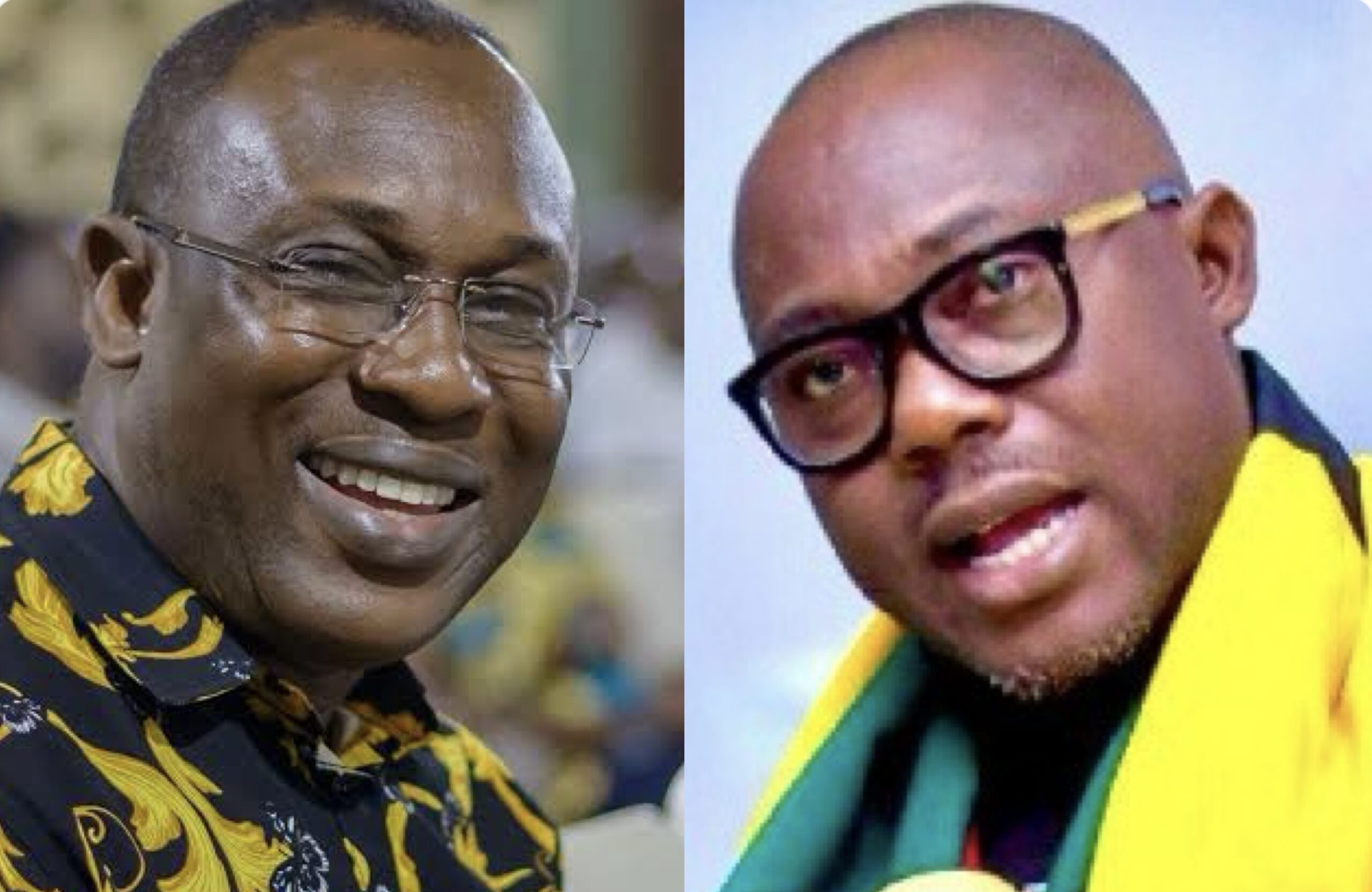The Executive Director of the Media Foundation for West Africa, Sulemana Braimah, believes the ongoing digital migration justifies the Ghana Broadcasting Corporation’s (GBC) intent to extend TV license fees from consumers of traditional TV sets to mobile consumers.
The Director-General of the GBC, Dr. Akuffo Annor-Ntow earlier noted to Citi News that collection of TV licenses will extend to persons who consume Television content via mobile devices and applications.
He explained that the TV license is to cover content and not the ownership of TV sets despite a contradictory notice from GBC itself.
The TV licensing Act 1966 (NLCD 89) also notes that “except in such circumstances as may be prescribed, no person shall install or use any television receiving set unless there is in existence in relation to that set a valid licence granted by the licensing authority under this Decree, and to be known as a television receiving set licence.”
The Act defines a “television receiving set” as “an apparatus constructed solely for the reception of pictures (with or without sound) transmitted by radio.
But Mr. Braimah is of the view that the GBC boss spoke in such terms because of the ongoing digital migration being executed by K-Net Limited for the roll-out of the country’s Digital Terrestrial Television (DTT) network project.
“It may not be the position of the law but in practice, because of the digital migration process and the digital migration policy that was developed, it gives GBC that mandate to be the distributor of signals and to that extent, you would say that we do have a lot of content producers, but if the digital migration policy remains as it was captured, it would mean that GBC will be laying a very central role,” he explained.
“Almost every signal will be transmitted through GBC’s facilities and to that extent, it will have the capacity to tap into all these platforms that will be used for transmitting or for broadcasting television content and I think that is the basis for his argument,” Mr. Braimah added.
“We may have a lot of platforms for broadcasting television signals, but when it comes to the signal distribution, GBC will play a central role and to that extent, it will have the mechanisms to be able to ensure that resources are mobilized from different sources despite the different platforms we have for broadcasting content.”
Background
Concerns with TV licensing emerged after the setting up of the special court to prosecute defaulting TV owners or operators per Section 1(a) of the TV licensing Act 1966 (NLCD 89).
GBC officially reintroduced the collection of the TV Licence fees in 2015 after years of putting it on hold due to non-payments.
Domestic TV users are to pay between GH¢36 and GH¢60 for one or more TV sets in a household while TV set repairers and sales outlets are to pay an annual sum of between GHc60 to GHc240.
Commercial TV operators are to pay GHc36 per annum for each TV set.
Source:citifmonline.com
 News, Politics , Sports, Business, Entertainment, World,Lifestyle, Technology , Tourism, Gh Songs | News, Politics , Sports, Business, Entertainment, World,Lifestyle, Technology , Tourism, Gh Songs |
News, Politics , Sports, Business, Entertainment, World,Lifestyle, Technology , Tourism, Gh Songs | News, Politics , Sports, Business, Entertainment, World,Lifestyle, Technology , Tourism, Gh Songs |







